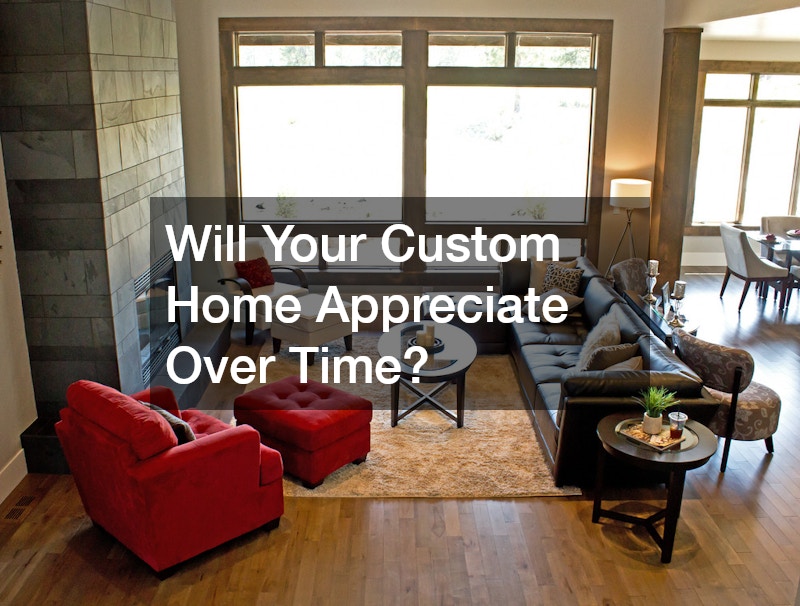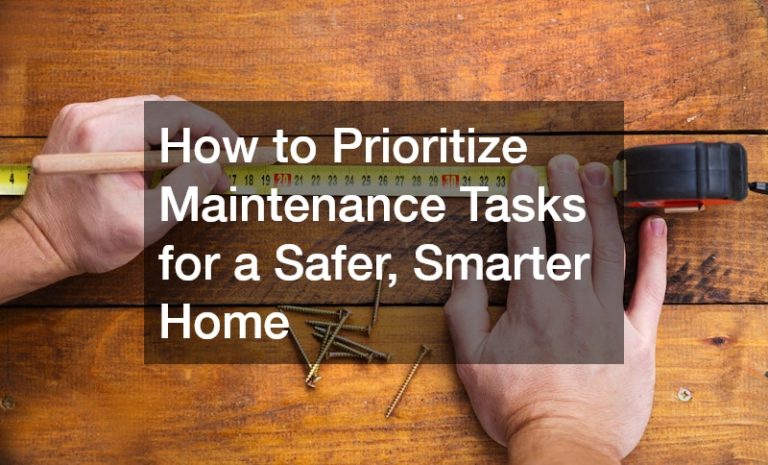

Building a custom home is a dream for many homeowners who seek a personalized living space that reflects their lifestyle and preferences. One common question that arises when planning to build or buy a custom home is whether it will appreciate over time. Home appreciation refers to the increase in a property’s value as market conditions evolve, and it can significantly impact the financial benefits of owning a custom home. Several factors influence whether your custom home will appreciate over time, including location, market trends, construction quality, and design choices.
1. Location is Key
The location of your custom home is one of the most significant factors in determining home appreciation. A well-situated home in a growing, desirable neighborhood is more likely to see an increase in value. Proximity to amenities such as schools, shopping centers, parks, and employment hubs often contributes to higher demand for properties in the area, which can drive up home prices. In contrast, a custom home built in a less desirable or declining area may face challenges in appreciating at the same rate.
Additionally, factors such as zoning laws, planned infrastructure developments, and local real estate trends can influence the rate of appreciation in different regions. Researching the long-term growth potential of an area before building a custom home can help ensure that your property will appreciate over time.
2. Market Trends and Economic Conditions
Real estate markets are influenced by broader economic conditions, and this plays a role in home appreciation. While real estate typically appreciates over time, the pace of appreciation can vary depending on market conditions. In periods of economic growth, home values tend to increase more rapidly due to higher demand for housing and rising incomes. Conversely, during economic downturns or housing market crashes, property values may stagnate or even decrease temporarily.
It’s important to consider the long-term trajectory of the real estate market when building a custom home. Historically, real estate has proven to be a solid investment, but short-term fluctuations can affect home values in unpredictable ways. Keeping an eye on market trends and the economic health of your area can help you anticipate how well your custom home will appreciate.
3. Quality of Construction and Materials
The quality of construction plays a vital role in home appreciation. A custom home built with high-quality materials, excellent craftsmanship, and attention to detail is likely to retain or increase its value over time. Buyers are willing to pay a premium for homes that are well-built, energy-efficient, and require fewer repairs or maintenance.
Investing in durable materials, energy-efficient systems, and timeless designs can enhance the long-term value of your custom home. On the other hand, if corners are cut during construction or low-quality materials are used, the home’s value may decline as it ages, especially if repairs or upgrades are needed frequently.
The value of a custom home can appreciate over time, but several factors contribute to its long-term financial success. Location, market trends, construction quality, and thoughtful design choices all play a role in determining home appreciation. By making informed decisions and focusing on quality and functionality, your custom home can be a valuable asset that increases in worth as the real estate market evolves. Ultimately, a well-planned and well-built custom home offers both personal satisfaction and financial potential.
.


